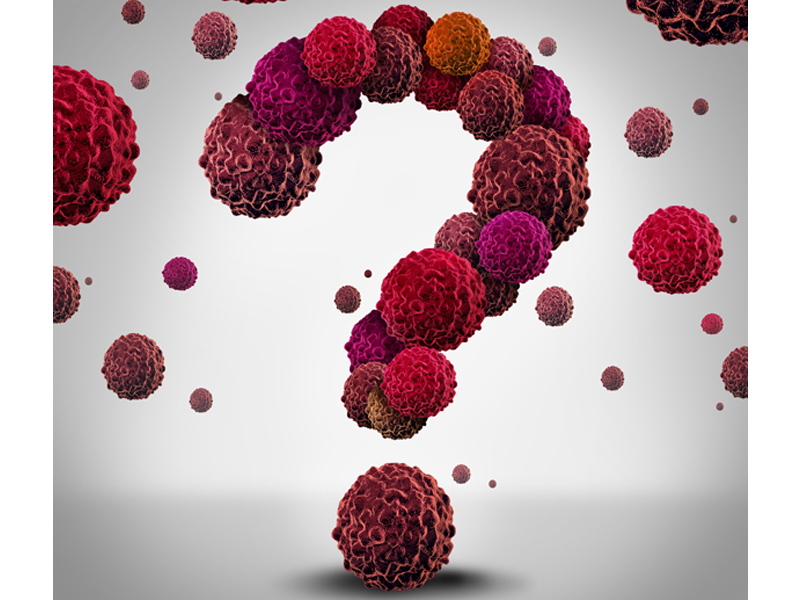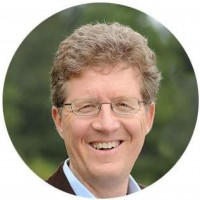Get Easy Health Digest™ in your inbox and don’t miss a thing when you subscribe today. Plus, get the free bonus report, Mother Nature’s Tips, Tricks and Remedies for Cholesterol, Blood Pressure & Blood Sugar as my way of saying welcome to the community!
What really causes cancer?

What do we know about how cancer develops?
Researchers continue to make significant headway in understanding the unique contributing factors that drive the formation and spread of cancer, but is this information being translated to practical solutions that can help people take appropriate preventative measures?
It may be helpful to start by looking at what most of us believe about this all-too-common disease…
Data from polls suggest that about 89 percent of people in the US believe that cancer occurs mainly in those who are genetically predisposed; 80 percent felt that industrial pollution is also largely responsible; and 92 percent associated smoking or second hand smoke with cancer.
However, less than 50 percent of those polled believe that their eating or lifestyle habits might influence their risk of developing the disease. These statistics suggest that many of us feel we don’t have much control when it comes to cancer prevention.
This isn’t the case.
Let’s take a look at the current scientific evidence identifying risk factors for the development of cancer. Research shows that it is the minority of cancers that are caused by factors beyond our control, such as the presence of a cancer-associated gene. For example, in looking at studies of identical twins, the results suggest that a maximum of 15 percent of cancers are caused by hereditary genetic factors, like the BRCA1 mutation in breast cancer. Exposure to air and water pollution and other toxins is another known contributor, although the exact statistics in this area are harder to determine.
However, when you add up the contribution of heredity, environmental pollution and possible viral or bacterial triggers, it appears these factors still only account for about 30 percent of cancer cases. That suggests that up to about 70 percent of cancers are linked to controllable lifestyle and dietary factors — smoking, lack of physical activity, obesity, excessive alcohol consumption, disrupted circadian rhythms, poor dietary habits and many other controllable factors. The real risks occur when these factors are combined and compounded.
When we do the math, it appears that a full two thirds of cancers may be prevented by changing the way we live. Furthermore, science is showing that even the factors that appear to be beyond our control such as environmental causes, may also be potentially improved with targeted health and prevention programs. Such programs include gentle long-term toxin removal protocols and other individualized therapies. As an integrative physician who believes in patient-driven medicine, I find this information to be truly empowering.
Worldwide shifts
These statistics are supported by studies mapping cancer occurrence and types of cancer around the globe, and studying the changing landscape of cancer incidence among ethnic groups as they migrate to new areas and adopt the lifestyle and dietary habits in their new environment. Both cancer incidence and the types of cancer synchronize with that of the area in which they settle, rather than their country of origin, which is what one would expect if heredity was the main factor. Once again, the influence of heredity is minimized — though not entirely eliminated — with the influence of diet and lifestyle.
Blocking cancer
Cancer cells generally take a long time to develop from normal tissue. Abnormal cells need a good blood supply to bring nutrients and oxygen for their growth, so tumors have mechanisms to attract blood vessels to them (a process called angiogenesis). Blocking this process can prevent abnormal cells from ever gaining a foothold. One of the many anticancer properties of fruits and vegetables is that they contain significant quantities of compounds that limit the process of abnormal angiogenesis. This is just one of the many ways that the daily ingestion of healthy foods can inhibit cancer formation. Other mechanisms include powerful immune support to identify and destroy abnormal cells; potent antioxidant support to fight harmful free radicals and protect DNA; anti-inflammatory support; cellular mitochondrial support and much more.
One area gaining significant attention is the field of Galectin-3 research. A large and fast-growing body of data shows that this rogue protein drives aggressive cancer formation and metastasis, fuels inflammation, and allows cancer cells to evade the immune system. And according to this body of published scientific literature, the ingredient Modified Citrus Pectin is the only available solution to bind and block Galectin-3.
Advancements in integrative cancer therapies are leading to earlier detection, personalized therapies and more effective interventions. With a combination of leading-edge, research-based approaches, and time-honored traditional healing approaches, we can work to reduce cancer risks and optimize health, for greater longevity and vitality.
For more health and wellness information, visit www.dreliaz.org.












